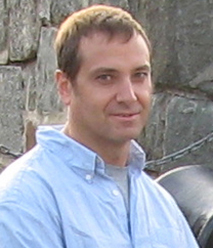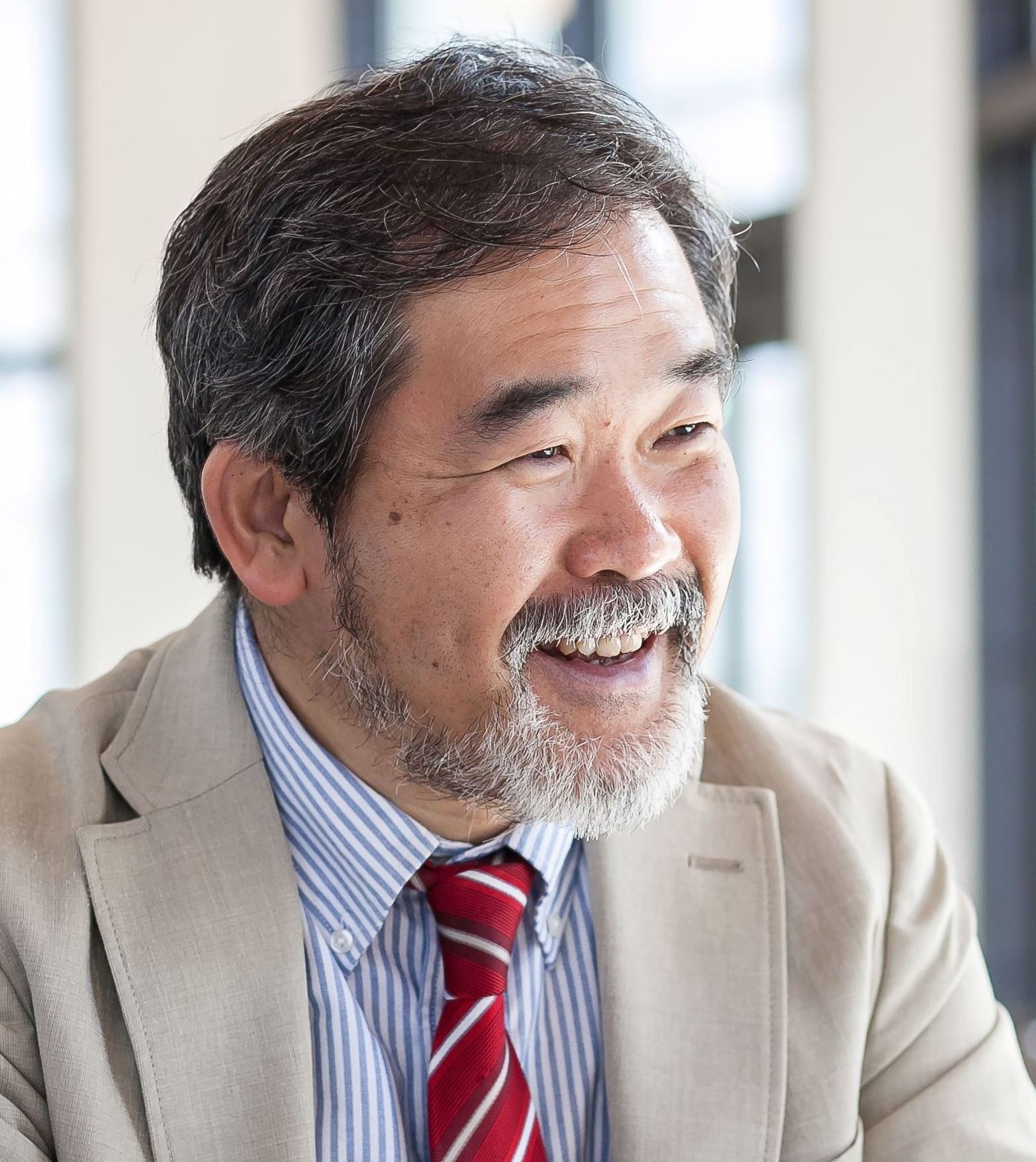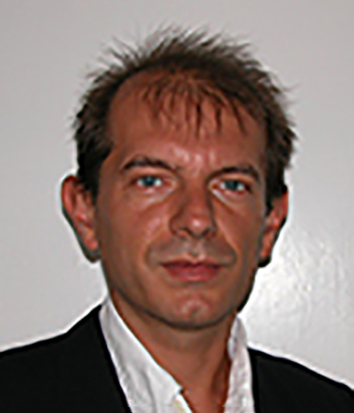Robotic assembly on-orbit will enable the construction of larger structures in space at significantly reduced cost. These projects include space telescopes, orbital infrastructure commercial platforms, large solid radio reflectors, solar power stations, and space transportation hubs. Infrastructure could also be developed for persistent platforms in geosynchronous orbit (GEO) that can be used for on-orbit satellite servicing and commercial space markets.
The purpose of this workshop is to bring together international researchers in the field to get a snapshot of emerging robotic technologies for spaceborne assembly. The topics will also include the development of manufacturing technology and standardized electromechanical interfaces to facilitate construction. The workshop will be highlighted by invited speakers covering a spectrum of topics as well as posters submitted by researchers. Near-term and future planned in-space assembly demonstrations will also be discussed.
The target audience for this workshop includes government and corporate engineers developing robotics technology for in-space assembly operations as well as academics being challenged by the many associated research topics. This audience will be interested in developing robotic technology, control and sensing algorithms, accurate simulation tools, assembly trade studies, and technology demonstrations.

Space Systems Laboratory
Univ. of Maryland
College Park, MD, USA

The Space Robotics Lab
Tohoku University
Japan

WVRTC
West Virginia University
WV, USA